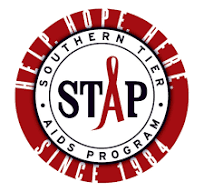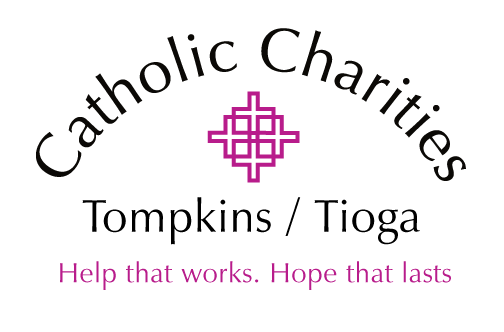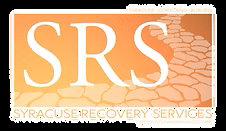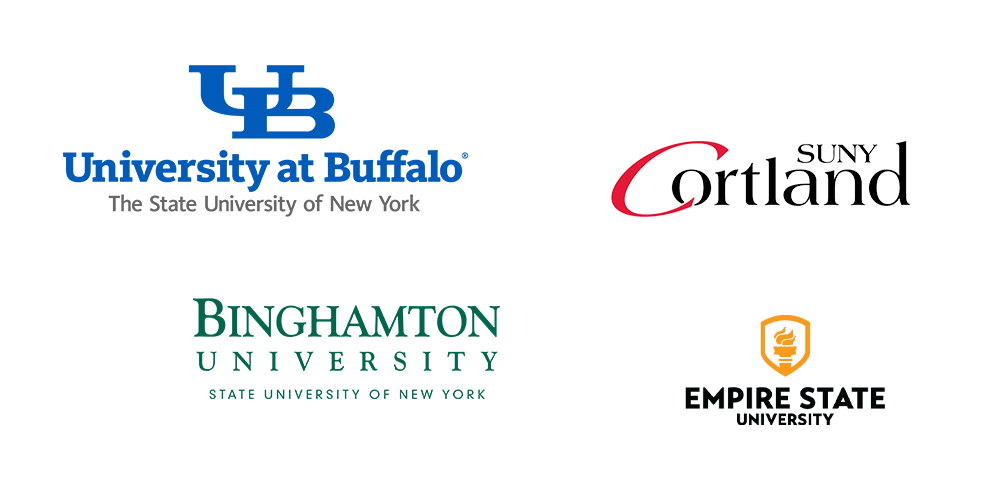Chemical Dependency Counseling
This program is designed to give you the skills and knowledge to enter the workforce immediately upon graduation.
What You'll Learn
Support recovery and healing through compassionate, evidence-based counseling practices.
Prepare for a career helping individuals and families overcome addiction and build healthier lives. You’ll learn counseling techniques, case management, and the psychological and social foundations of substance use disorders. With an ongoing need for skilled professionals across treatment centers, schools, and community agencies, you’ll gain the compassion, communication, and clinical skills required to support recovery and make a meaningful difference in your community.
Where You’ll Go

Health Education Specialists
- Develop and maintain cooperative working relationships with agencies and organizations interested in public health care.
- Prepare and distribute health education materials, such as reports, bulletins, and visual aids, to address smoking, vaccines, and other public health concerns.
- Maintain databases, mailing lists, telephone networks, and other information to facilitate the functioning of health education programs.
- Document activities and record information, such as the numbers of applications completed, presentations conducted, and persons assisted.

Rehabilitation Counselors
- Confer with clients to discuss their options and goals so that rehabilitation programs and plans for accessing needed services can be developed.
- Prepare and maintain records and case files, including documentation, such as clients' personal and eligibility information, services provided, narratives of client contacts, or relevant correspondence.
- Develop rehabilitation plans that fit clients' aptitudes, education levels, physical abilities, and career goals.
- Locate barriers to client employment, such as inaccessible work sites, inflexible schedules, or transportation problems, and work with clients to develop strategies for overcoming these barriers.

Social & Human Service Assistants
- Assess clients' cognitive abilities and physical and emotional needs to determine appropriate interventions.
- Develop and implement behavioral management and care plans for clients.
- Keep records or prepare reports for owner or management concerning visits with clients.
- Visit individuals in homes or attend group meetings to provide information on agency services, requirements, or procedures.
Salary information presented are estimates and can be different for each individual based on education, experience, and the specific employer. Labor market data is based on 2025 estimates derived from Lightcast (Career Coach | Lightcast)
The careers listed above are just a starting point. Our programs mix together important concepts and hands-on skills—but that doesn’t mean your future has to follow the same script. Find out more at Career Exploration & Support.




Program Requirements
To graduate [ 60-64 credits + 2.0 GPA or higher ]
| Course ID | Course Name | Credits | Minimum Grade |
|---|---|---|---|
| ENGL098 | Accelerated Writing Skills for ENGL 100 | 3 | |
| RDNG116 | College Reading and Study Skills | 3 |
| Course ID | Course Name | Credits | Minimum Grade |
|---|---|---|---|
| ENGL100 | Academic Writing I | 3 | |
| or GENERIC | A student exempt from ENGL100 must substitute a three-credit unrestricted elective. The course should be in consultation with the student’s advisor. | ||
| HLTH207 | Drug Studies | 3 | |
| HLTH208 | Alcohol and Alcoholism | 3 | |
| PSYC103 | Introduction to Psychology | 3 | |
| or PSYC103H | Introduction to Psychology-Honors | 3 | |
| UNRE ELEC | Unrestricted Elective | 3 | |
| or GENERIC | Students pursuing the Credentialed Prevention Specialist (CPS) certification must take CDSC103 |
| Course ID | Course Name | Credits | Minimum Grade |
|---|---|---|---|
| CDSC101 | Introduction to Chemical Dependency Coun | 4 | |
| ENGL101 | Academic Writing II | 3 | |
| or ENGL101H | Academic Writing II-Honors | 3 | |
| PSYC209 | Abnormal Psychology | 3 | |
| or PSYC209H | Abnormal Psychology-Honors | 3 | |
| SOCI101 | Introduction to Sociology | 3 | |
| or SOCI101H | Introduction to Sociology-Honors | 3 | |
| SUNY GE #3 | Mathematics | 3 - 4 |
| Course ID | Course Name | Credits | Minimum Grade |
|---|---|---|---|
| CDSC201 | Counseling Individuals:Theory & Practice | 3 | |
| CDSC232 | Chemical Dependency Counseling Field Wk | 4 | |
| ENGL102 | Approaches to Literature | 3 | |
| or ENGL102H | Approaches to Literature-Honors | 3 | |
| PSYC207 | Adolescent Psychology | 3 | |
| or PSYC208 | Adult Psychology | 3 | |
| BIOL100 | Human Biology | 3 | |
| or BIOL101 | Principles of Biology I | 3 | |
| or BIOL114 | Essentials of Nutrition | 3 | |
| or GENERIC | Students planning to transfer should select BIOL101 |
| Course ID | Course Name | Credits | Minimum Grade |
|---|---|---|---|
| CDSC210 | Group Counseling: Theory & Practice | 3 | |
| CDSC225 | Counseling Families & Signif Others | 3 | |
| ENGL201 | Public Speaking | 3 | |
| or ENGL201H | Public Speaking - Honors | 3 | |
| or ENGL204 | Interpersonal Communication | 3 | |
| or ENGL210 | Intercultural Communication | 3 | |
| Liberal Arts and Science - Humanities | Fall 2024 (Course Set) | 1 - 4 | |
| or Liberal Arts and Science - Social Science | Fall 2024 (Course Set) | 3 | |
| or Liberal Arts and Science - Math/Natural Science | Fall 2024 (Course Set) | 3 | |
| or GENERIC | Students planning to transfer should choose BIOL102 | ||
| UNRE ELEC | Unrestricted Elective | 3 | |
| or GENERIC | Students pursuing the Credentialed Prevention Specialist (CPS) certification must complete CDSC103. |
Transfer Agreements

| Transfer School Sort descending | Transfer Program |
|---|---|
Transfer School: Hobart and William Smith Colleges |
Transfer Programl: Multiple Programs |

Student & Faculty Stories
On this page
Free Community College!
SUNY ReConnect can boost your earning power with a free associate degree in a high-demand fields like engineering, nursing, education, green jobs or cybersecurity. Open to all New York State residents age 25-55 who don't already have a college degree.
Apply for a Tuition Scholarship
Complete the scholarship application and email your application to our Adult Student Admissions Advisor, Julie Partigianoni.
Real-world Experience
This program has applied learning built right in to the coursework, so when you graduate you’ll have tangible, real-world experience that employers are looking for, making your job search that much easier.
Take on as much (or as little) as you want. Our microcredentials and certificates provide you with credits to apply to 2-year programs – when you’re ready!